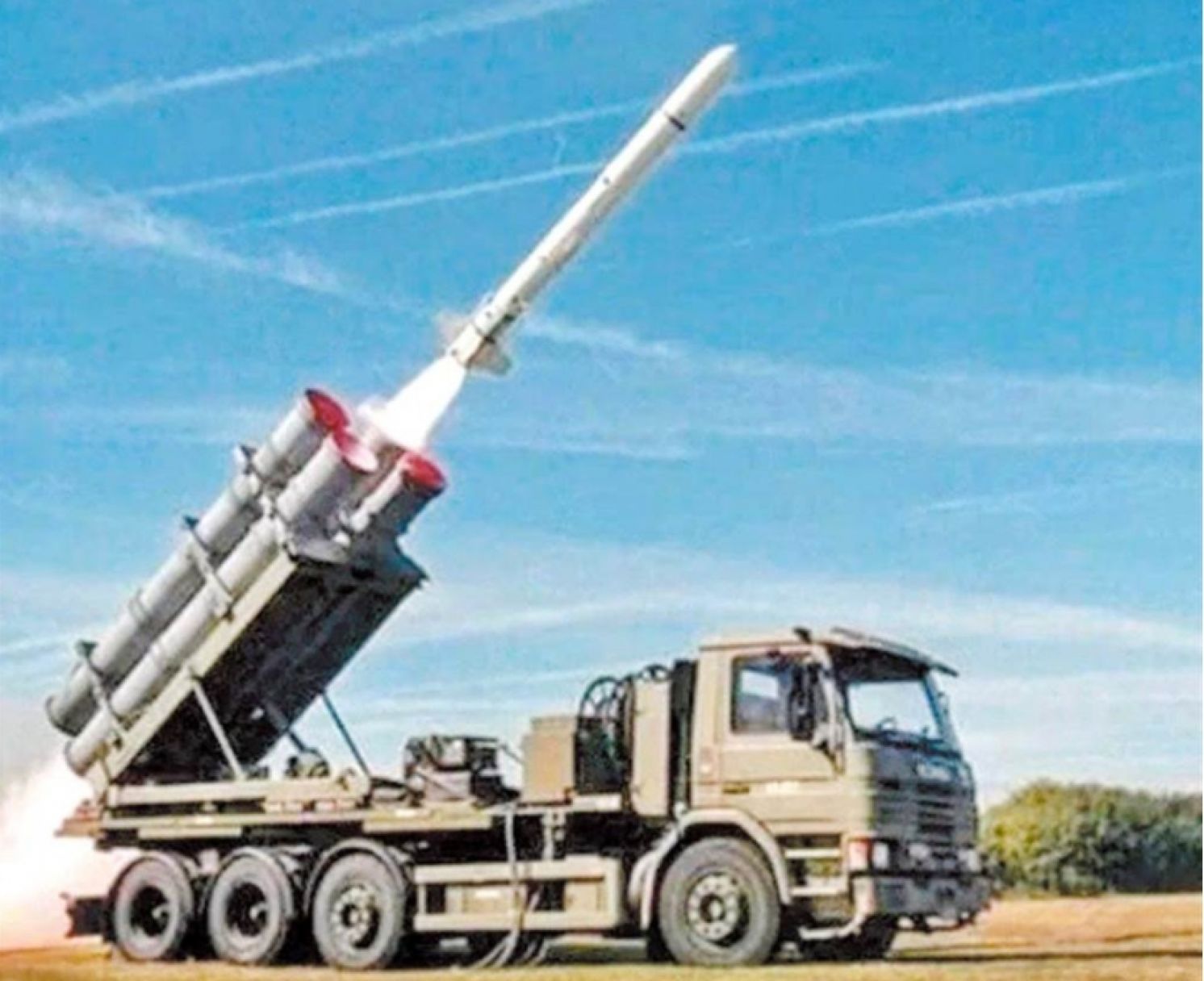
This Week in Taiwan 1121-1127
November 22: In the early morning of November 21, a convenience store employee in Taoyuan was stabbed to death after persuading a customer to wear a mask, causing uproar across Taiwan. The suspect claimed to have a mental illness. There have been several incidents in Taiwan in the past three months that people dissatisfied with being reminded to wear masks hurt convenience store employees. The four major convenience store chains announced that they would no longer force customers to wear masks.
November 22: There have been several public safety incidents lately, including assaults on convenience store employees in Taichung and Taoyuan, battery using a baseball bat, and shooting in New Taipei, which have callused public anxiety. In a Facebook post, President Tsai Ing-wen asked the Executive Yuan to review and strengthen policy measures. The Executive Yuan held a meeting on public safety, in which Premier Su Tseng-chang ordered that the government strengthen self-defense at convenience stores. Minister of the Interior Hsu Kuo-yung stated that the most convenient defense equipment are pepper water and pepper spray.
November 24: The U.S. Department of State announced on November 23 President Joe Biden will hold the first global Summits for Democracy video conference from December 9 to 10 and invite government and civil organization leaders from 100 countries and regions, including Taiwan, Japan, and South Korea. China and Russia were not on the list of invitees.
President Tsai will not participate. Instead, Ambassador Hsiao Bi-khim, representative to the United States, and Minister without Portfolio Audrey Tang will represent the government.
November 24: A shooting and murder occurred in New Taipei on November 22. The suspect absconded to mainland China and is undergoing quarantine in an epidemic prevention hotel in Xiamen, Fujian Province. The Criminal Investigation Bureau, National Police Agency, Ministry of the Interior, contacted the Chinese authorities to request assistance in repatriation, but no response was received. Due to current cross-strait tensions and the near suspension of mutual criminal judicial assistance mechanisms, the number of repatriations from the mainland to Taiwan this year is zero.
November 25: The Legislative Yuan passed on November 23 in the third reading special regulations on procuring sea and air combat power enhancement arms. The Executive Yuan then passed a special budget for procuring naval and air combat capabilities, set for a total of NT$237.3 billion (about US$8.5 billion). The most expensive item is the shore-based anti-submarine missile system project, which costs NT$79.7 billion (about US$2.8 billion).
November 25: The upcoming referendum is scheduled to be held on December 18. When visiting Taoyuan, President Tsai stated that the third natural gas receiving terminal of the CPC Corporation is not constructed atop algae reef, and that the algal reef ecosystem in the area has survived perpetually. Pan Chung-cheng, petitioner of the algae reef protection referendum question, criticized President Tsai for publicly disseminating false information, which is either ignorant or blatantly dishonest.
November 26: President Tsai met with a Congressional delegation of the United States led by Representative Mark Takano, who is chair of the House Veterans' Affairs Committee, and stated that starting from January next year, the Veterans Affairs Council will station staff in Washington to further exchanges on employment counseling, medical care, and long-term senior care.
November 26: The World Health Organization (WHO) named the latest variant of the coronavirus (COVID-19) from South Africa as Omicron.
The Central Epidemic Command Center (CECC) announced that there is no case of Omicron in Taiwan, but for epidemic prevention, six countries including South Africa, Botswana, Namibia, Lesotho, Eswatini, and Zimbabwe will be designated as key high-risk countries, entry to Taiwan from which would require centralized quarantine.